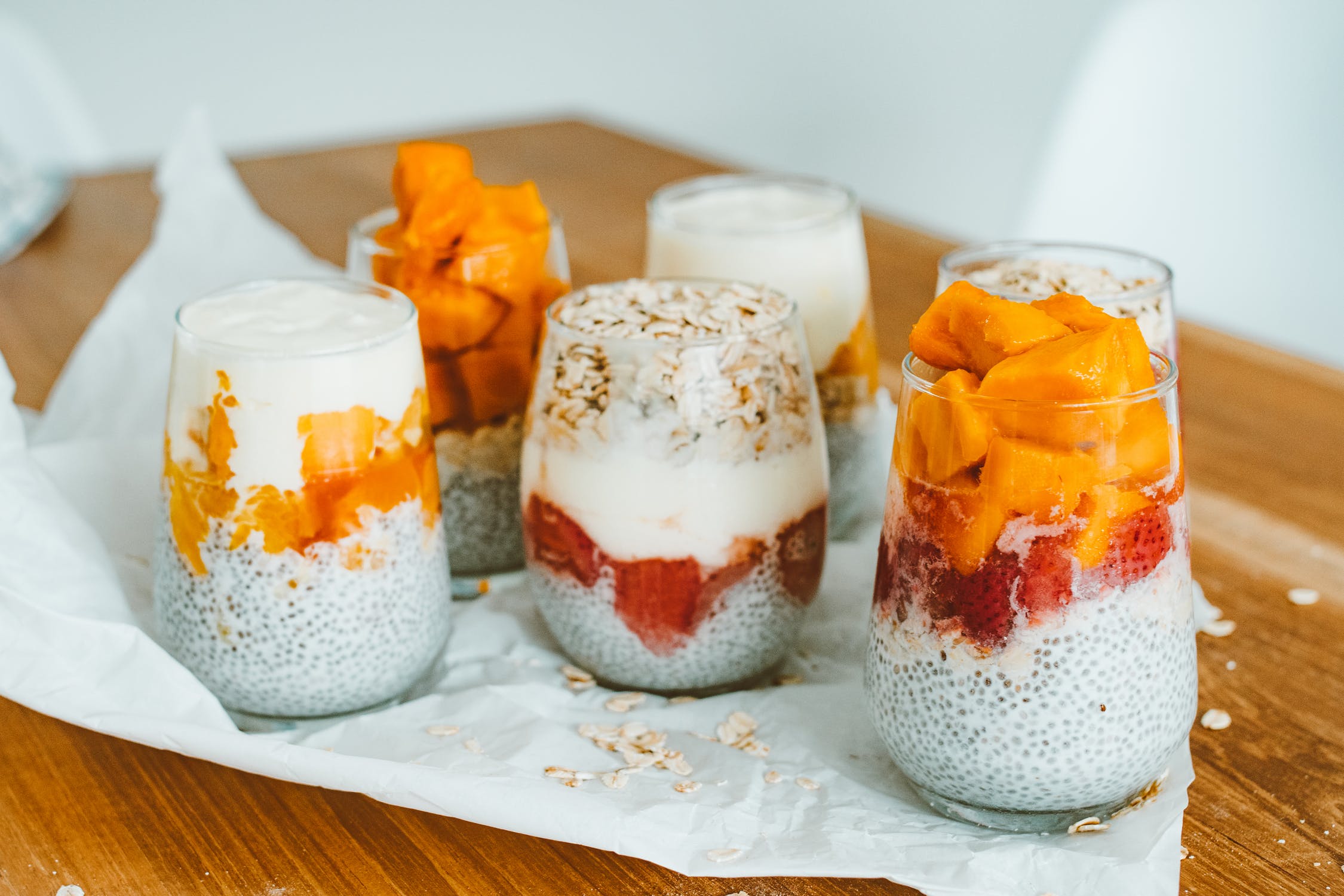
Dairy intake tends to generate a lot of opinions, people either love it or hate it. And when it comes to dairy and fertility, there’s no shortage of conflicting advice. We took a step back and looked into what the evidence says about whether dairy can help or harm fertility and if certain types are better than others.
Everything You Need to Know About Dairy and Fertility
Dairy and Fertility: The Negative
Arguably the start of the dairy debate began with a population study from the early ’90s. It found that in countries with higher milk consumption, there were lower fertility rates for age. They linked the association with lactose intake as some animal studies have shown an association between lactose intake and premature ovarian failure.
Since then only one recent study has supported the idea that high dairy intake may reduce fertility. A prospective cohort study found that higher dairy intake was associated with lower antral follicle counts among women undergoing fertility treatment.
However, most other studies indicate that dairy has either minimal impact on fertility or some benefit.
Dairy and Fertility: The Positive
A recent prospective cohort study of women undergoing assisted reproduction in the US found that in women over 35 years of age, those who consumed the most dairy intake pre-treatment dairy food intake had a 55% chance of live birth compared to 23% in women who consumed the least.
One case-control study found that women consuming three or more glasses of milk per day had a 70% lower risk of infertility than women who did not consume milk at all.
Dairy and Fertility: The Neutral
In The Nurses Health Study, the largest prospective cohort to date, no relation was found between total intake of dairy foods and the risk of ovulatory infertility. But the authors found that this was because although full-fat dairy foods were associated with a lower risk of ovulatory infertility, low-fat dairy foods were associated with a higher risk of ovulatory infertility.
Finally, the most recent study on pre-conception dairy intake and time to pregnancy looked at two groups, one in Denmark and one in the US. They found associations were small and inconsistent between the two cohorts. Interestingly, contrary to the animal study and the first study in the ’90s, lactose was actually associated with increased fertility in this study.
But Doesn’t Dairy Cause Inflammation?
You may have heard that you should avoid dairy when trying to conceive as it causes inflammation, which harms your egg health. However, this is not true.
A systematic review, that is a study of other studies, looked at 52 clinical trials investigating inflammation in relation to the consumption of dairy products. It showed that low-fat, high-fat products, as well as fermented dairy products, were all strongly anti-inflammatory.
Dairy: Helpful or Harmful
Although it would be good to get some more evidence in this area, it seems clear that dairy is not harmful to fertility. Perhaps it is even slightly helpful.
There is not enough evidence to show full-fat dairy has extra benefits over low-fat dairy for fertility, however, full-fat dairy is known to be cardioprotective so unless you are trying to limit your energy intake there is no real need to opt for low fat.
If you enjoy dairy food as part of your diet, you should continue to include it. It can be a great source of protein, calcium, iodine and other nutrients. Fermented dairy products, like yoghurt and kefir, are likely to have extra benefits as they help keep your gut bacteria health and happy (more on gut health and fertility soon!)
Ps. Make sure you download our free Top 12 Fertility Foods list to find out which dairy food made the cut.
back to top
Foodbaby WAS FOUNDED on Kulin Nation land. We acknowledge the Wurundjeri people, Indigenous Australians, who are the Traditional Custodians of this land. We pay our respects to all Aboriginal and Torres Strait Islander Peoples and their Elders past, present and emerging.
Fertility dietitian, cycles nerd, lover of food and squishy newborn baby cuddles. I help people get pregnant (fast) and have the healthiest pregnancies possible.
Hey, I'm Ami
@foodbabyfertility